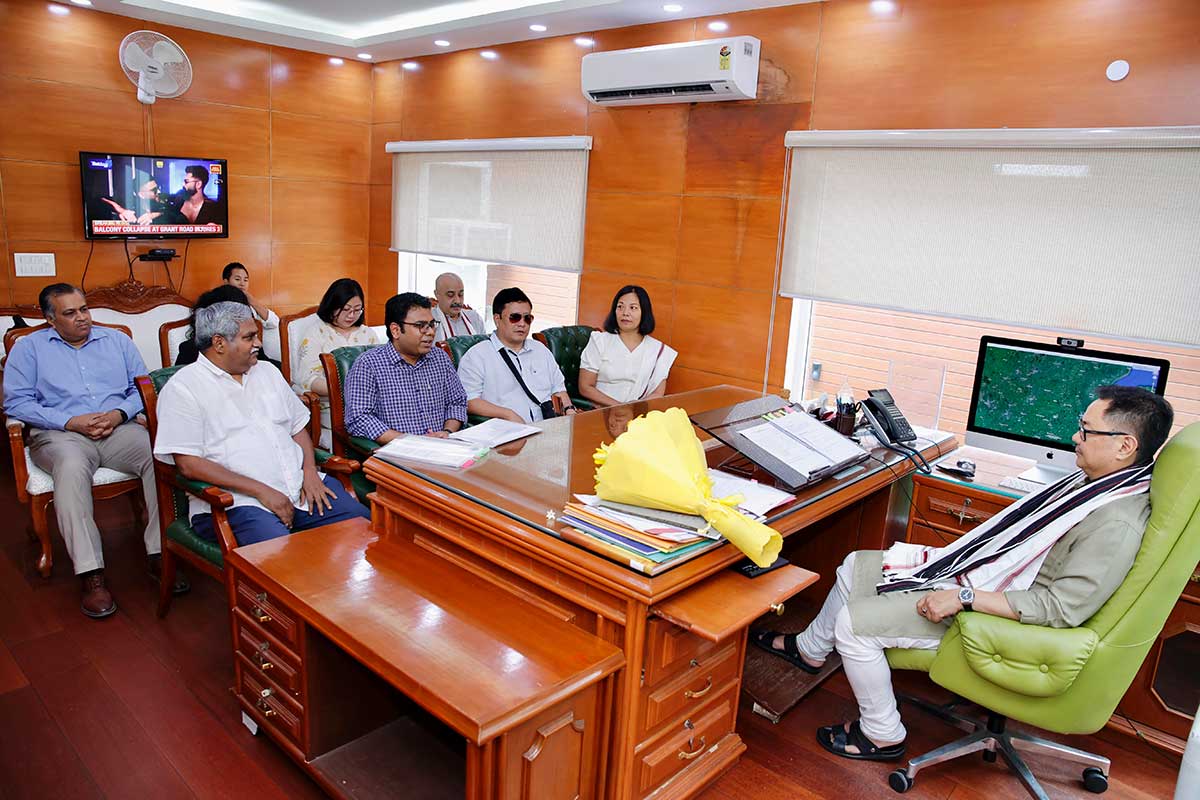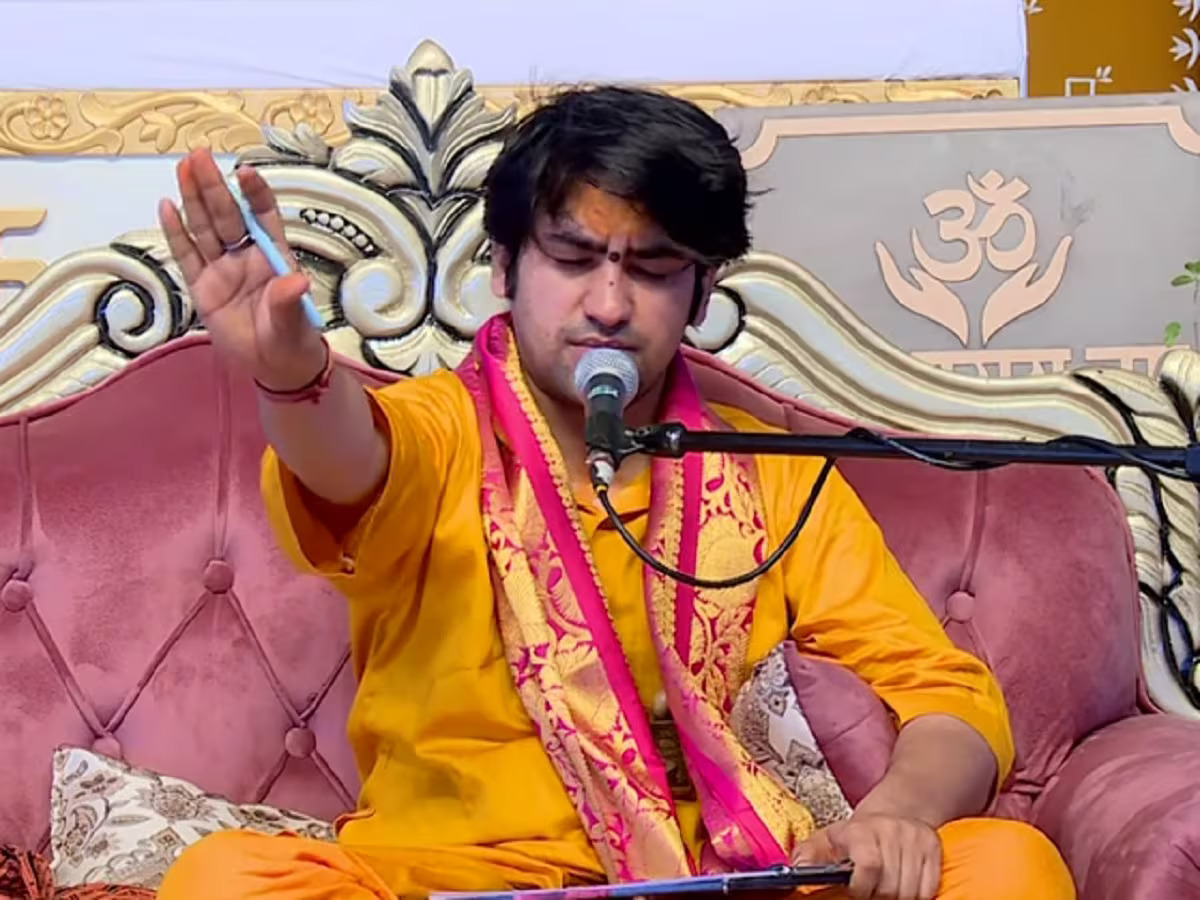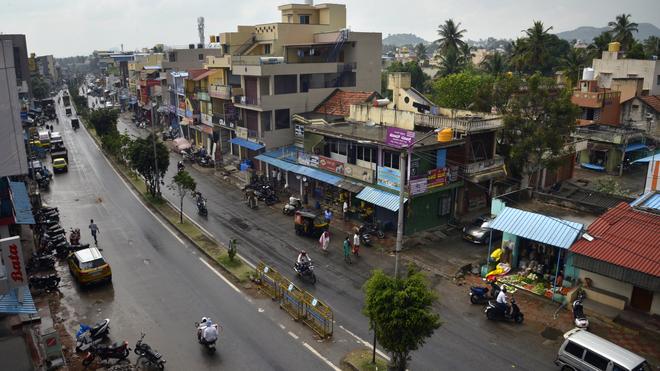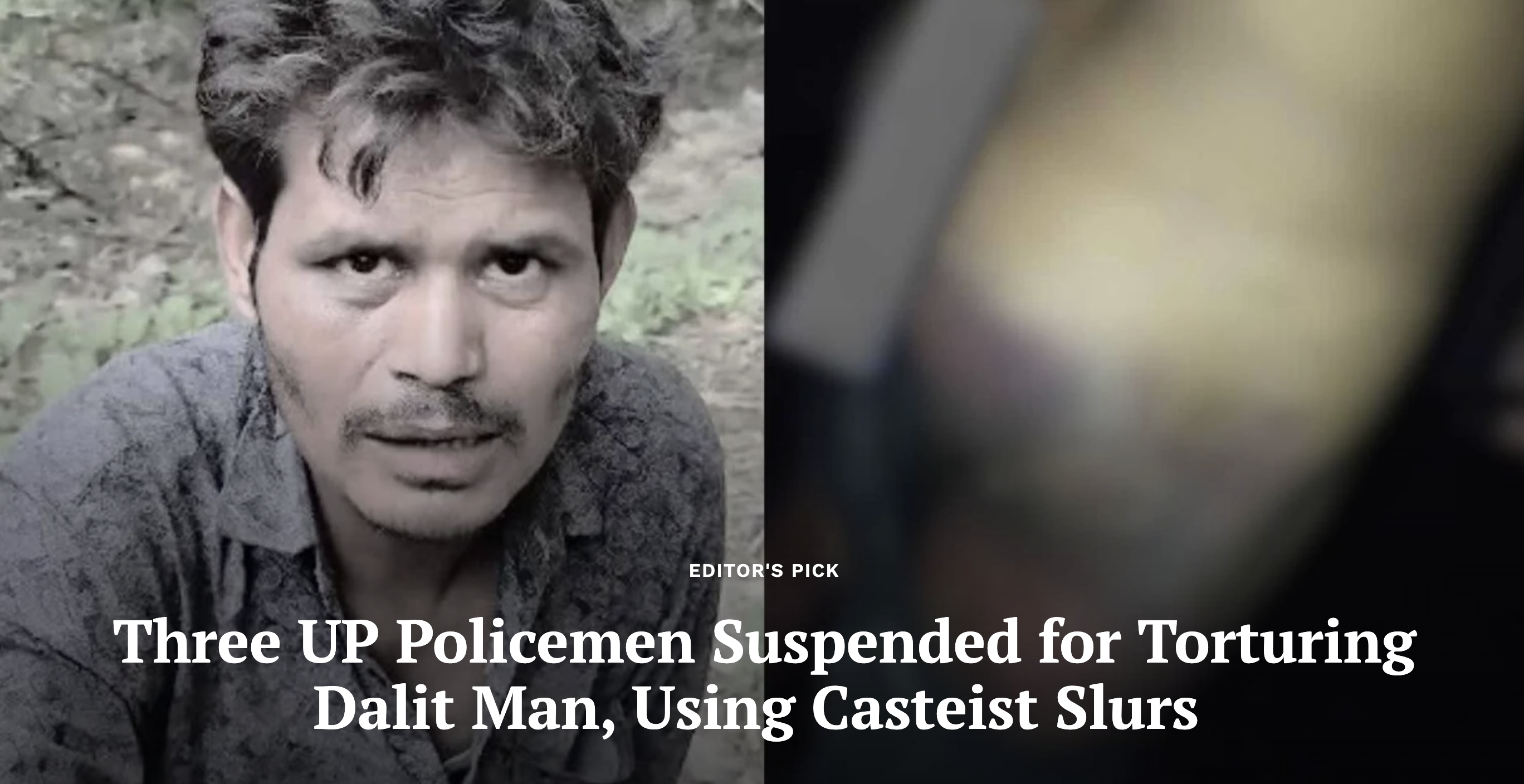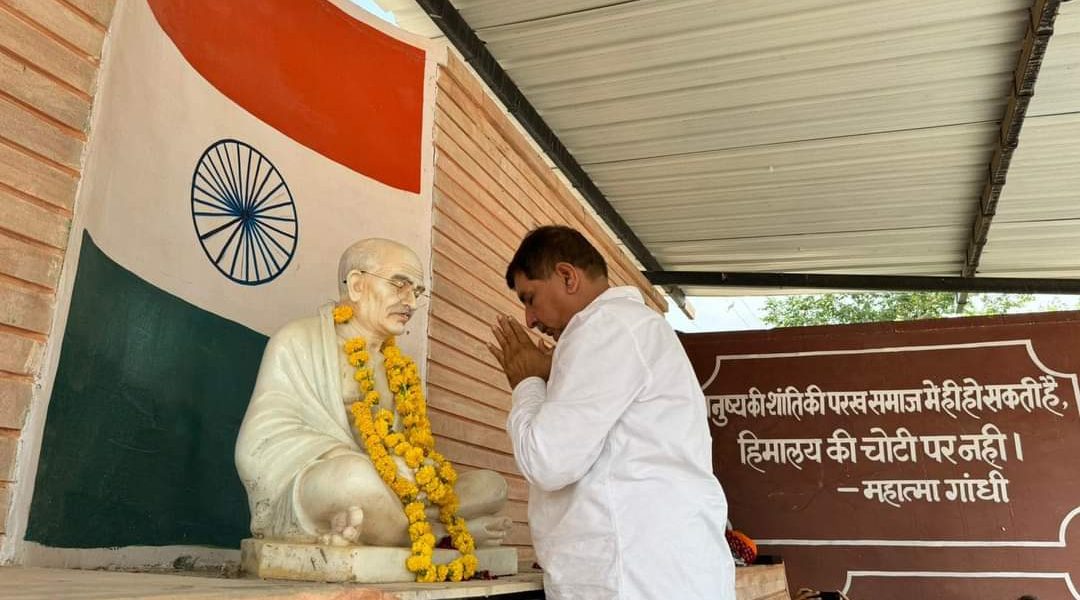By SAFA AHMED
February 27, 2002, was a normal Wednesday for five-year-old me. I woke up, put on my Cinderella backpack, and spent the day at school learning about bumblebees. On the other side of the world, in my parents’ homeland, the sun was setting over burning, bloody streets in the north Indian state of Gujarat, where one of the most horrific cases of mass anti-Muslim slaughter in modern Indian history was unfolding. Earlier that day, Muslims had been accused — with no evidence — of setting fire to a train full of Hindu pilgrims. By nightfall, Hindu militant mobs were ravaging Gujarat’s cities, slaughtering scores of innocent Muslims in “revenge.” Over the course of the next few weeks, an estimated two thousand men, women, and children would be murdered amid disturbing stories of gang rapes, mutilations, dismemberings, electrocutions, and lighting of bodies on fire. International human rights groups and news outlets alike would later recognize that the state government — led by then chief minister Narendra Modi and his far-right Bharatiya Janata Party (BJP) — was complicit in orchestrating the violence.
At five years old, I was too young to be told about such horrors. What I did realize was that something big had shaken my Indian Muslim parents. They rushed to the phone to ask about family friends in Gujarat. They sat me down one day after kindergarten and explained Islamophobia to me. I noticed that my father seemed more muted, saddened when he talked about India. I didn’t find out why until years later. He couldn’t unsee those headlines, couldn’t shake the fact that so many Indians were completely apathetic to Muslim suffering. Gujarat 2002 was the turning point, he told me years later, when he realized the pluralistic India of his childhood was gone, and it was only a matter of time before the BJP created an India where Muslims were no longer welcome.
Twenty-one years have passed since the Gujarat pogrom, and I can now see how right he was. The India of my parents is not just gone; it’s ruled by the man who helped orchestrate the pogrom, and in the years since he came to power, anti-Muslim hatred and violence has only skyrocketed into a genocidal crescendo. While Muslims in India are most directly affected, the hate stretches into the diaspora too, where Hindu far-right supporters celebrate the pain of Indian Muslims, whitewash Modi’s crimes, and work to mainstream the supremacist ideology that fueled the Gujarat pogrom in the United States.
The reverberations of the Gujarat pogrom must be understood through the rise and spread of the ideology called Hindutva — also known as Hindu nationalism or Hindu supremacy, which Modi and his protégés proudly wear on their sleeves. Hindutva purports that India should be a Hindu ethnostate instead of a secular democracy, where minorities — especially Muslims — should be stripped of their rights and subjected to mass violence.
This story was originally published in jacobin.com. Read the full story here.

